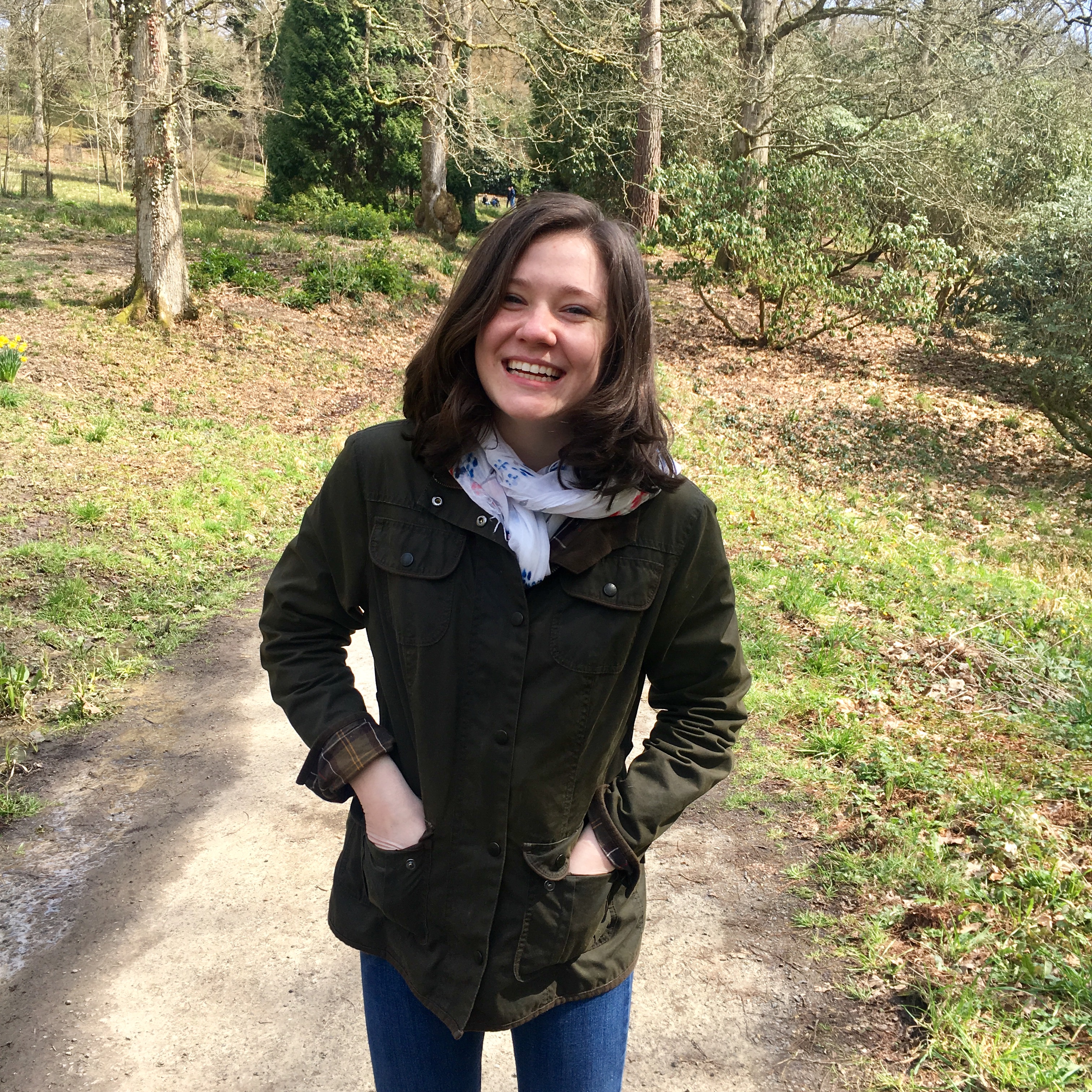Welcome to our special section, Thrive on Campus, devoted to covering the urgent issue of mental health among college and university students from all angles. If you are a college student, we invite you to apply to be an Editor-at-Large, or to simply contribute (please tag your pieces ThriveOnCampus). We welcome faculty, clinicians, and graduates to contribute as well. Read more here.
In recent years, there has been an increasing focus in the media on the importance of saying “no.” Thrive even has a tag page on the phenomenon.
The idea is roughly that, in a world where people feel pressured to excel in everything that they do, we have lost the ability to refuse. For students this might mean agreeing to do an extra shift at work despite impending deadlines, relaxing in a café with friends when one had planned to study, or going out for the night with a society.
Explained as such, the ability to say “no” looks positive because it allows us to stay true to our own desires.
However, while it is important not to say “yes” all the time, it can be just as bad to say “no” too frequently.
As an only child, I have always prided myself on my independence. Consequently, when I began university, I felt that I had a fairly clear idea of what I liked and disliked. I liked going on walks, seeing plays, and sticking to a rigid nine-to-six schedule in the library. I disliked clubbing and upsetting any premeditated plans (including my study schedule).
With such firm views about the value of my time and the way that I wanted to spend it, I was more than comfortable saying “no” to anything that I did not want to do as a fresher. Resultantly, I went on many walks and saw lots of plays; I stuck to my study schedule and felt satisfied that I was working as hard as I could. However, I quickly became desperately unhappy. I was enjoying my classes and I had made great friends (who I am still friends with three years later I hasten to add). I felt that I was being true to myself — why I was so dispirited?
In an effort to change my situation I tried different societies: debate, MUN, philosophy, politics, fencing, archery. Whenever I was invited to pubs or clubs after meetings, I declined because I wanted to make sure that I got enough sleep before my self-assigned 9am start. I spent my lunch hour with friends and partook in weekend activities, so I did not think that I was missing out socially or limiting myself in any way.
This went on for a year and a half — both the schedule and boundaries that I set for myself, and the intense joylessness that I felt about university life.
Then one day, on a whim, I applied to work for a student-run social enterprise called FreshSight. I was selected for one of the teams and loved it. But as I was told before applying, the commitment was like taking on another university course (at Edinburgh we take three each semester).
Suddenly my rigid work schedule was unfeasible. Thankfully, an op-ed on Thrive inspired me to revolutionise how I managed my time. While I have never managed to get my working hours down to three as the linked article claims is possible, I have managed five, and most days I only work for six or seven (instead of the eight or nine I had previously been doing). Additionally, going to pubs or restaurants in the evening became semi-mandatory under the auspices of “team-bonding,” and I felt a sense of community return. Sometimes I did not mind forgoing sleep for an enjoyable evening with friends.
My problems with sadness and discontent did not suddenly disappear, but they did lessen. This was when I began to question my decision to say ‘no’ anything which did not immediately appeal to me.
As a child, my parents or the school signed me up for many things that I did not want to do. Attending scout camp seemed tedious; going to tap classes seemed like a chore; running cross-country in the rain seemed like a nightmare. However, even when I did not want to do things, I often loved them while I was there and always felt great afterwards. I had new experiences and made memories that I would not have done if I had not gone.
Upon realising this, I started saying “yes” to things. I applied to choreograph a musical for the university’s Footlights society when the application showed up on my Facebook page. As part of the society I tentatively began to say ‘yes’ to more and more things: from movie night socials, to birthday parties, to weekend trips away, to auditioning to be in the society’s Fringe show.
I do not always say “yes.” After years of saying “no,” I often find it difficult to throw caution to the wind and do things that I am not guaranteed to enjoy, feel nervous about, or will disrupt my sleep or study plans (note -no schedule anymore).
The thing is, while I am not guaranteed to enjoy things (and often do not expect to enjoy them), I usually do. And, overall, I am exceedingly happier.
While saying “no” can be important, it should not be adopted uncritically. It was not the right tact for me, and it might not be for you either. If saying “no” is not giving you a happy life, my advice is to start saying “yes” and see what happens. It could change your life. It certainly changed mine.
Subscribe here for all the latest news on how you can keep Thriving.
More on Mental Health on Campus:
What Campus Mental Health Centers Are Doing to Keep Up With Student Need
If You’re a Student Who’s Struggling With Mental Health, These 7 Tips Will Help
The Hidden Stress of RAs in the Student Mental Health Crisis


